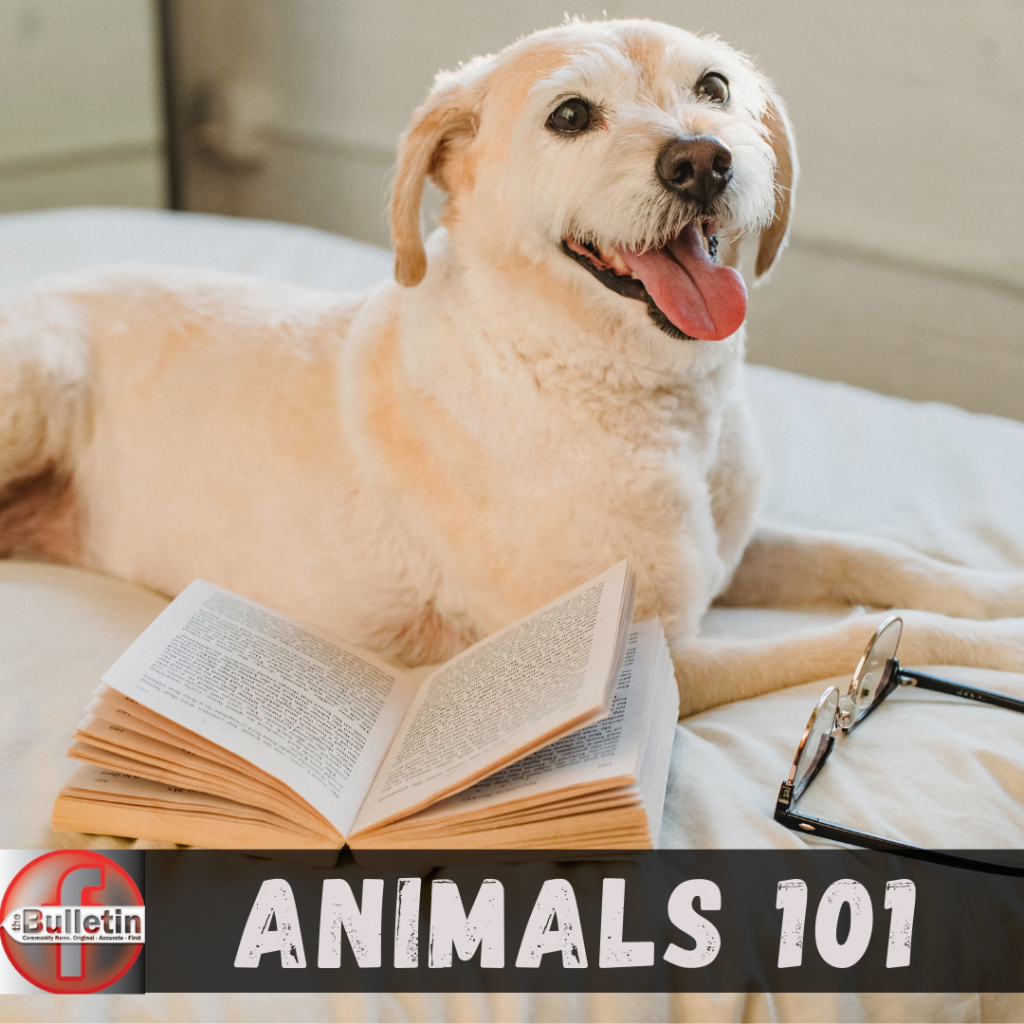
Welcome to The Bulletin’s new weekly feature, ANIMALS 101.
The bond between humans and animals have been forged over thousands of years and for many centuries, dogs have been called “man’s best friend”. For those of us in animal welfare, all animal lives matter, from the smallest creature to the most majestic ones. We want to help you understand them better, raise awareness about the issues guardians, rescuers and animals face and provide guidance on what to do in various animal-related situations.
We want both you and the animals you share your lives with, to get the best out of your relationship. Join us on a weekly journey filled with information and tips on understanding them better, improving this relationship and being the best possible guardian you can be.
Welcome to The Bulletin’s new weekly feature, ANIMALS 101.

In animal welfare and together with many other countries, we recognize animals as sentient beings. This means that they are “able to experience feelings”. Feelings that we need to understand and respect. They are not objects or commodities to suit human needs. Being a guardian of any animal is a massive responsibility and the choice to have one (or more) is a decision, never to be taken lightly. It comes with challenges, but it is also very rewarding!
Also read: Mayor misleads council to push ANC agenda
The 5 freedoms are a set of standards that we, as animal guardians (owners), rescuers and caregivers, have to acknowledge to ensure the welfare of the animals that cross our paths. These standards are recognized internationally and they are not just about what we want to do for our animals, but also what we have to do in order to be responsible guardians.
This week we kick off with some of the basics, the FIVE FREEDOMS OF ANIMAL WELFARE.
- FREEDOM FROM HUNGER & THIRST.
This first freedom is about food and water, the basic needs provided to make sure the animal stays healthy and strong. Every animal deserves access to clean water and a safe, well-balanced nutritious diet.
- FREEDOM FROM PAIN, INJURY & DISEASE.
This freedom speaks mostly to the medical care of an animal. All animals should be entitled to immediate veterinary attention when they are sick or injured, to avoid unnecessary suffering. In certain cases, this unnecessary suffering from pain, injury or disease can be prevented through vaccinations, deworming and regular vet visits.
- FREEDOM FROM DISCOMFORT.
This freedom is focused on providing shelter and the right environment. All animals should live in a safe and appropriate environment. The conditions and surroundings given to an animal contribute to their overall well-being. An animal that has proper shelter from the elements and a comfortable living and resting area, will be a healthier and happier animal.
- FREEDOM FROM FEAR AND DISTRESS.
All animals deserve love and understanding. They deserve to be happy and not live in fear or distress. Preventing conditions that cause unnecessary anxiety and stress will help prevent mental suffering which can lead to physical conditions too. It is essential for animals to be in good physical condition, but a healthy mental state is just as important for the welfare of any animal.
- FREEDOM TO EXPRESS NORMAL BEHAVIOUR.
Animals need to be able to express normal behaviours. This can be defined as the way an animal acts in its natural environment or under natural conditions. It can include enough space, proper shelter and housing as well as adequate exercise, opportunity to play and the company of the animal’s own kind which all encourages the expression of normal behaviours.
We will add a sixth one and that is that we wish for all wildlife to be free! We will not fight until cages are comfortable, we will fight until they are empty!
Read about primate care HERE
Are you providing all five freedoms for you pets?
For the next few weeks, we will guide you through various animal welfare scenarios and what to do when you find yourself in such a situation.
When you know better, do better!